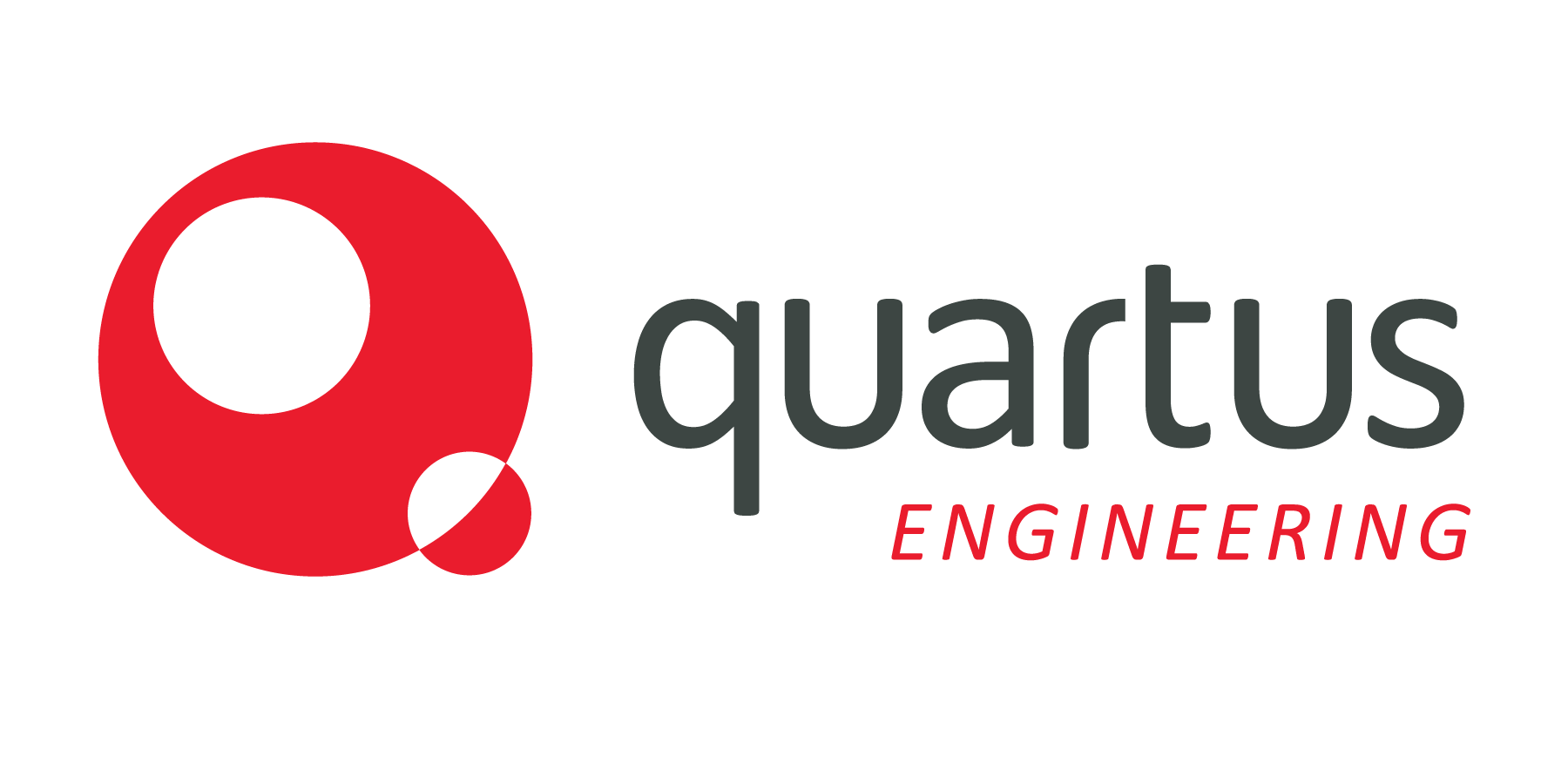Advanced Structures Systems.
Optimized systems and extreme environments call for advanced materials and structural design. Quartus is experienced in designing systems based on drivers such as:
- Minimum Weight
- Manufacturing Costs
- Extreme Temperatures
- Impact Resistance
- Fatigue Resistance
- Stiffness Optimization
- Wear Resistance
- Radiation Effects
- Thermal or Electrical Conductivity
- Vibration Isolation
- Coefficient of Thermal Expansion
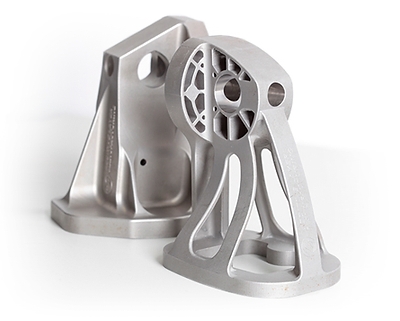
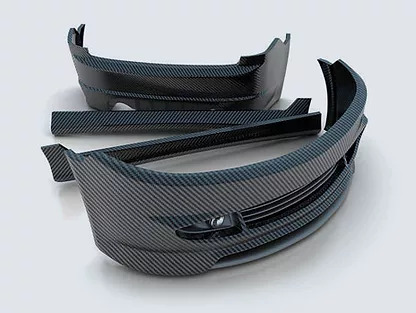
COMPOSITES
Quartus is an industry leader in composite part design and analysis, and maintains a library of advanced tools to ensure the performance and safety of your composite parts. From featherweight satellite components to rugged isogrid airplane fuselages, Quartus knows how to negotiate the tradeoffs of the composites design space. Let Quartus help you take full advantage of composite structures.
SINTERED CERAMICS
Advanced ceramics share many of the mechanical advantages of carbon fiber reinforced polymers including very high specific stiffness and low coefficient of thermal expansion. Furthermore, incredible hardness and high thermal conductivity make engineered ceramic materials ideal for extreme applications. Whether it’s silicon carbide optical elements for a telescope that must maintain micron-level precision at -100 °C, or boron carbide control rods for a nuclear fission plant that must endure 1600 °C, Quartus has the expertise to design to your specifications.
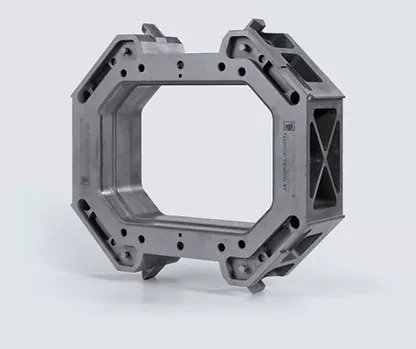
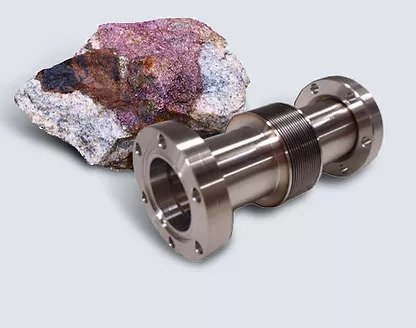
EXOTIC METALS
Advanced structures and mechanisms regularly require the use of exotic materials such as Beryllium, Hastelloy and Invar to satisfy ambitious performance criteria. Materials in this category all come with their own specific limitations whether it is manufacturing techniques, post machining treatments or handling safety measures. From X-ray windows to kilowatt class liquid laser cooling systems, Quartus is familiar with their boundaries and can help you utilize these valuable materials to their fullest extent.
